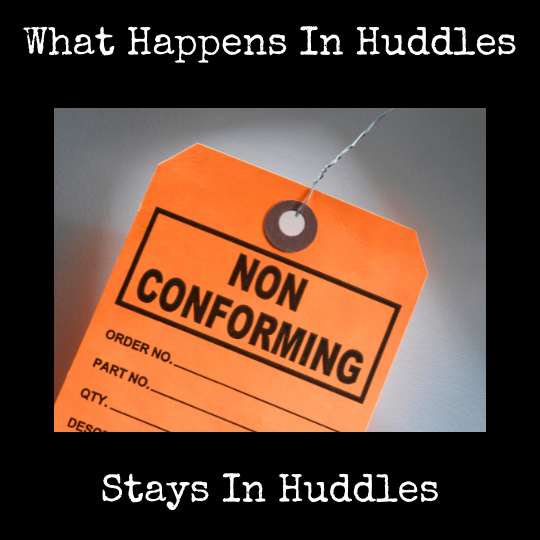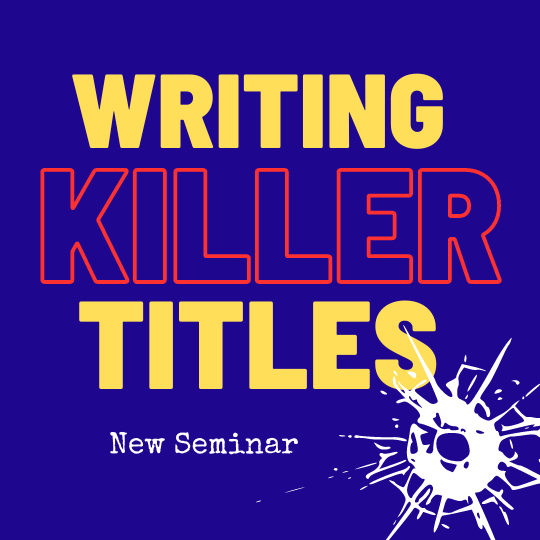I have scenes where I switch between two different POVs several times. Maybe not a good idea, but I'm not (yet) convinced it can't work. Each POV have a couple of pages before the switch. Example: Character A struggles to get to a control room to turn off the lights, and then we switch to B to see what happens when the lights are turned off.
Reluctantly, I have admitted that it's easier to read if the POVs are separated by scene breaks. But now I worry it may be confusing to use the same format for "true" scene breaks, e.g. jumps in time or location. So maybe use two different formats for scene breaks. But would that be even more confusing? Or maybe a blank line for a POV switch, and ornamental scene breaks for a jump in time/location, but I think blank lines look somewhat unintentional.
Your thoughts, ideas, experience, and examples will be highly appreciated.
Reluctantly, I have admitted that it's easier to read if the POVs are separated by scene breaks. But now I worry it may be confusing to use the same format for "true" scene breaks, e.g. jumps in time or location. So maybe use two different formats for scene breaks. But would that be even more confusing? Or maybe a blank line for a POV switch, and ornamental scene breaks for a jump in time/location, but I think blank lines look somewhat unintentional.
Your thoughts, ideas, experience, and examples will be highly appreciated.





